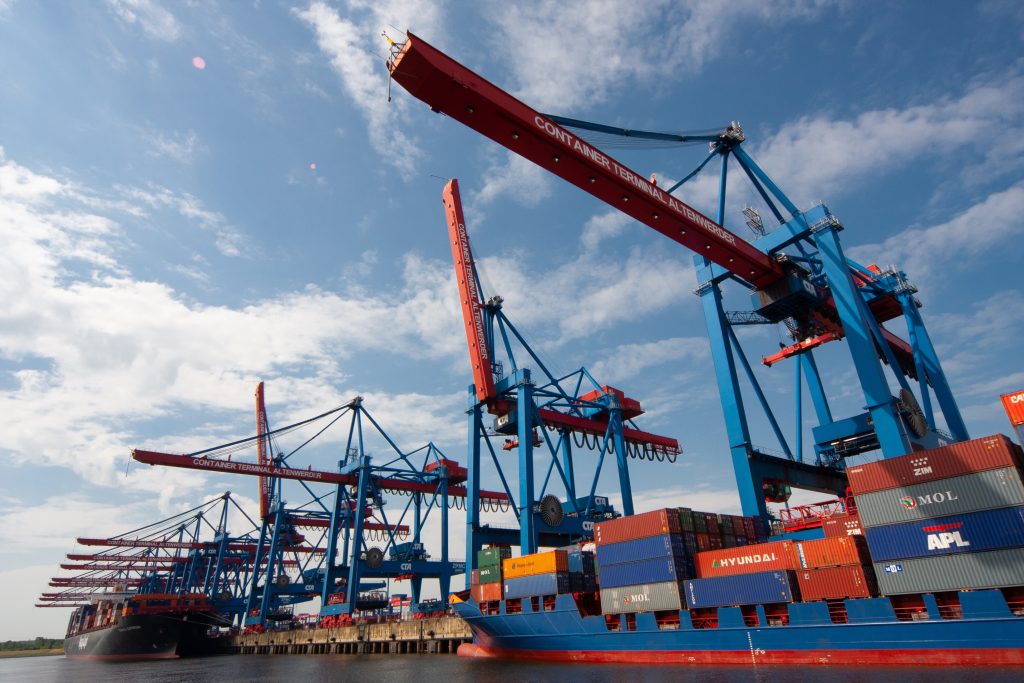The US, along with 11 other countries in North and South America, has launched the Americas Partnership for Economic Prosperity (APEP), a new economic partnership designed to stimulate trade, resilience, competitiveness, shared prosperity, sustainability, and inclusivity among partners countries.
The APEP, “will be a tool to bring more voices to the table, to ensure that people who have been traditionally left out – like women entrepreneurs, indigenous peoples, and other underrepresented groups – can help shape this new chapter in our story on trade,” said United States Representative Katherine Tai.
Tai added that the APEP “is a part of our pursuit of a worker-centered trade policy. It will be a new type of economic arrangement, anchored on cooperation to build our economies from the bottom up and the middle out. That includes empowering workers and eradicating forced labor; strengthening our supply chains to be more resilient against unexpected shocks; fostering innovation in both the public and private sectors; and tackling the climate crisis by growing climate-related industries and creating good-paying jobs throughout our region.”
Quick Facts:
- The creation of APEP was announced by President Joe Biden in June 2022 on the margins of the Summit of the Americas.
- The initial members of APEP are Barbados, Canada, Chile, Colombia, Costa Rica, the Dominican Republic, Ecuador, Mexico, Panama, Peru, the United States and Uruguay.
- President Biden has indicated that the APEP could see further expansion to countries such as Brazil and Argentina.
- All member countries of APEP signed the Joint Declaration on the Americas Partnership for Economic Prosperity.
According to the White House, the APEP will focus on:
- Driving regional competitiveness and building the proper foundation for sustainable, dynamic economic growth and greater investment, including customs procedures, trade facilitation, logistics, good regulatory practices, and non-tariff barriers.
- Leveraging geographic proximity and deep trade ties to strengthen the sustainability and resilience of regional supply chains and grow our small and medium businesses, while protecting workers and the environment.
- Ensuring that all can benefit from shared prosperity in a dynamic economy, including investments in workforce development, labor standards, safety, equity, and promotion of quality jobs; expanding financial inclusion; and improving public services while addressing corruption, tax evasion, and other issues that affect the ability to deliver.
- Working together to bring responsible private investment to regions in order to drive inclusive and sustainable investment.
The White House says it looks forward to advancing this partnership through 2023.
To stay informed on trade news and other important updates, stay connected with a customs broker.




